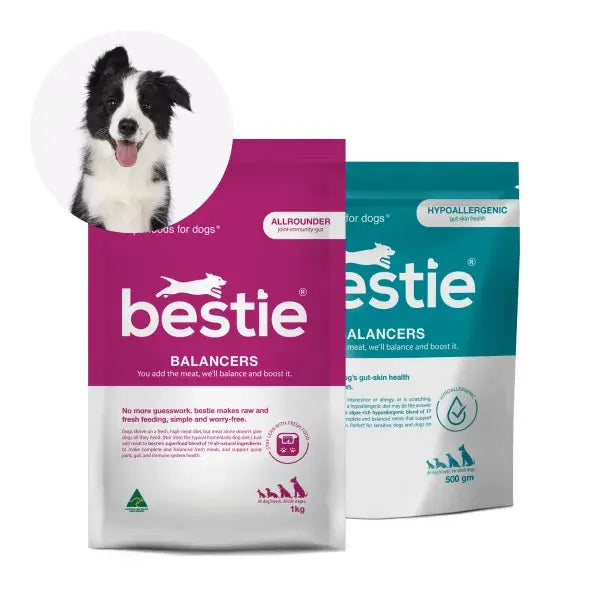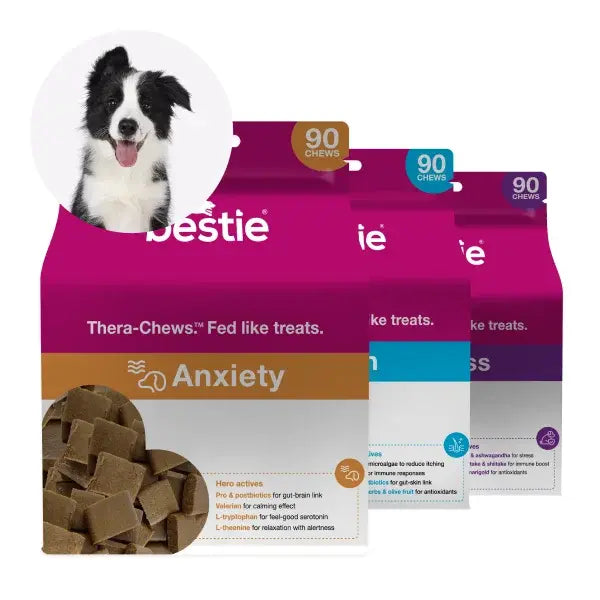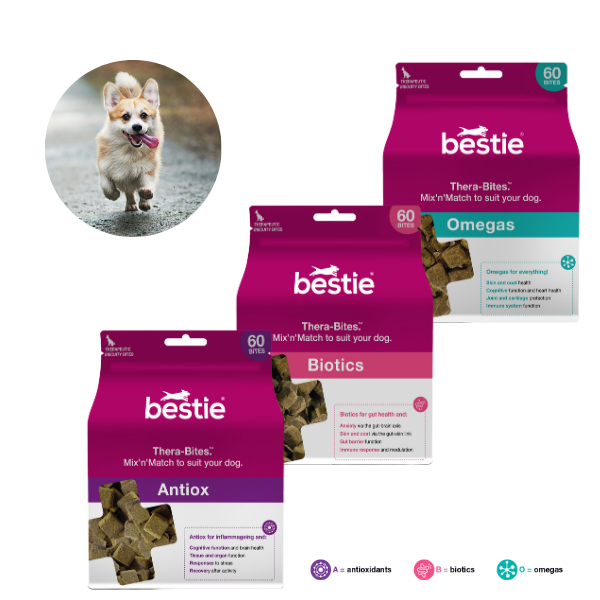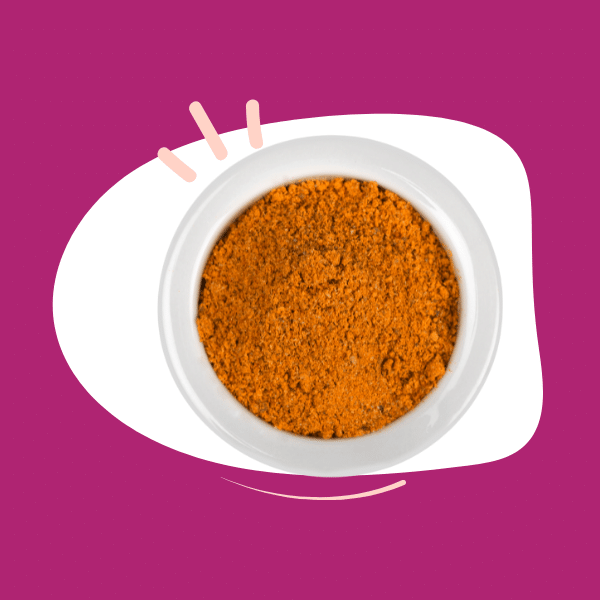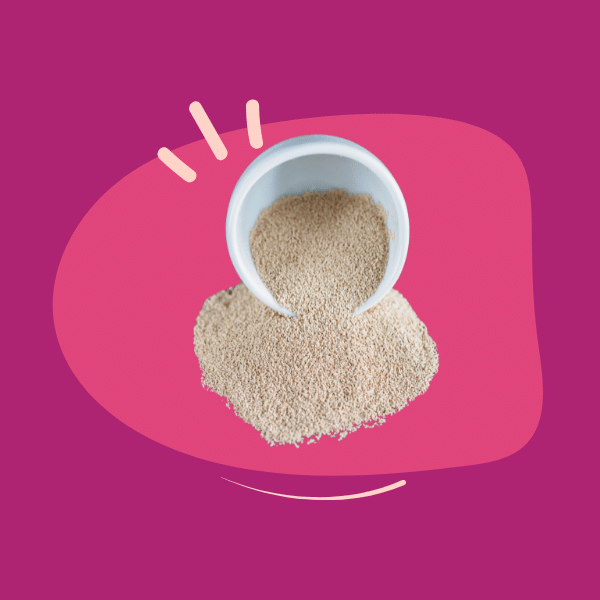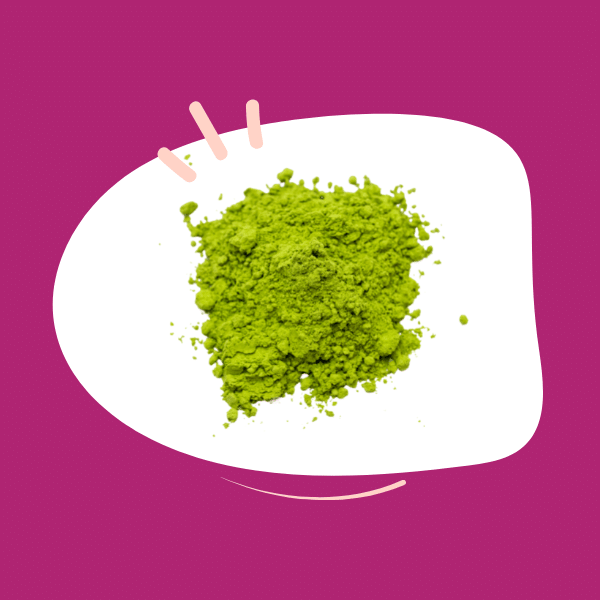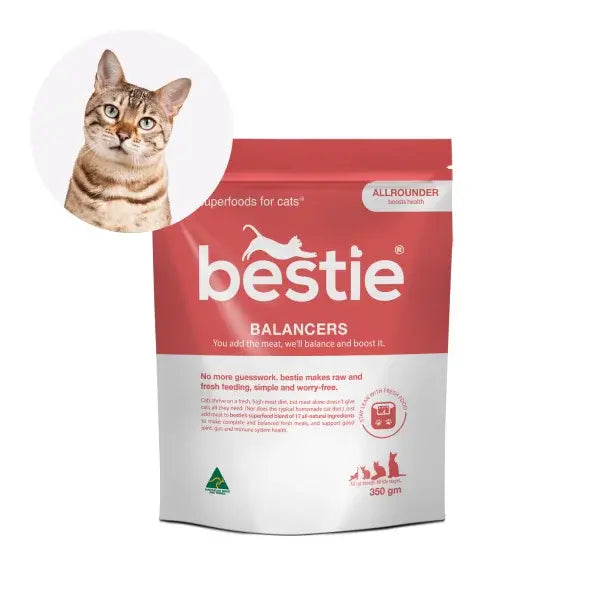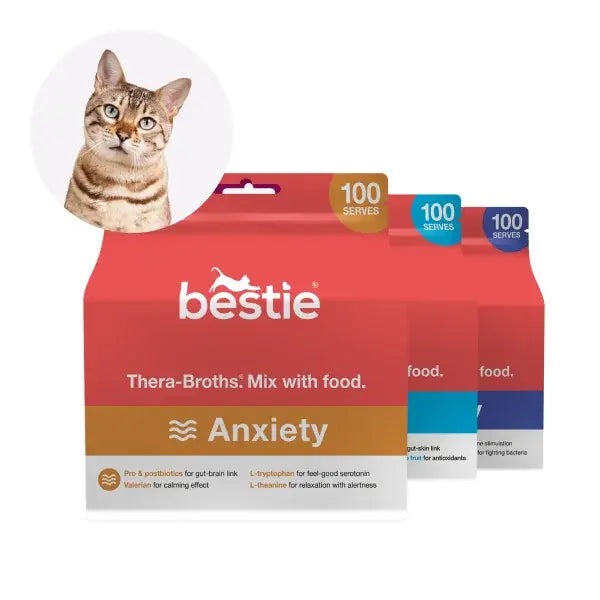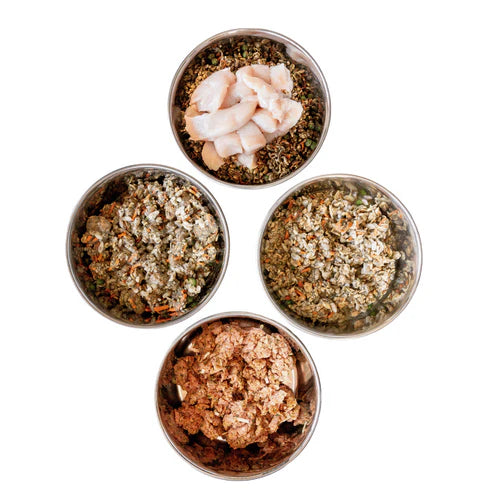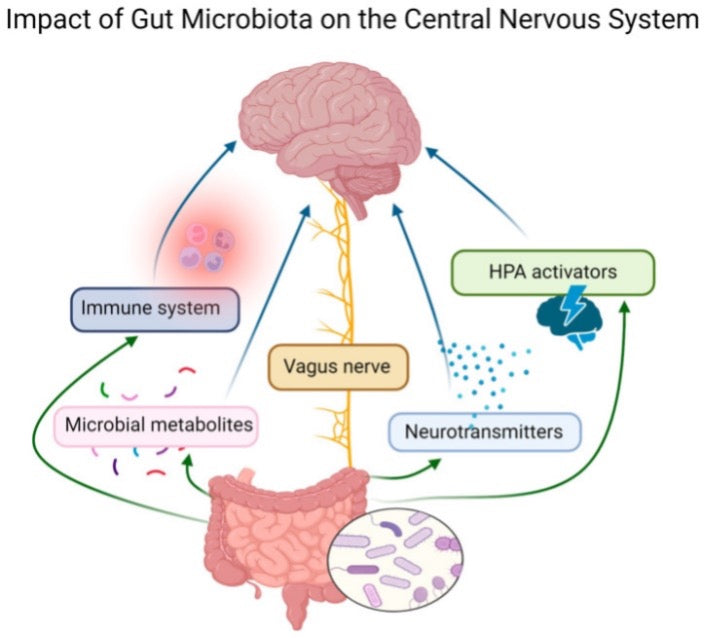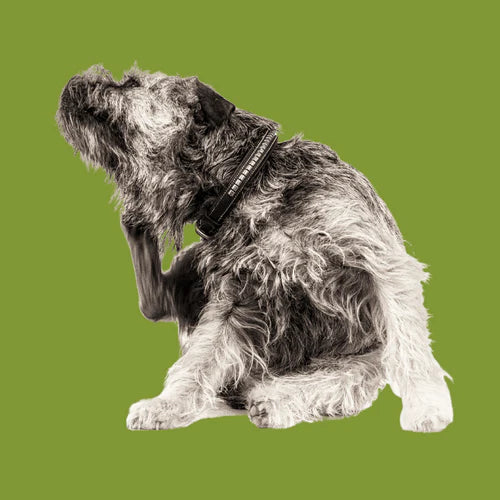Wondering if a vegan diet is right for your dog but not quite ready to take the plunge? There’s an easy solution: go flexitarian. A flexitarian diet for dogs means mixing it up: some conventional dog food, some raw meaty bones, and some meat-free options. It’s the best of all worlds, letting your dog enjoy the benefits of a varied diet while you minimise his environmental pawprint.
What Is a Flexitarian Diet for Dogs?
A flexitarian diet for dogs, is similar to a flexitarian diet for us: A few days of meat-protein based dinners and a few days plant-based. But the key for dogs, is to make sure they're still getting all the nutrition they need. (And what is the nutrition they need? We talk about that here.)
The important thing is to feed foods - even the meat-free ones - that are formulated to be complete and balanced. And yes, this IS possible with meat-free foods.
If you're constructing a healthy flexitarian diet for your dog, some options to rotate in include:
- Raw meaty bones like chicken necks or wings: Packed with protein, glucosamine and natural enzymes. Gnawing on raw bones also helps clean teeth and provides mental stimulation.
- Chopped or pureed veggies like broccoli, carrots and green beans added to a decent kibble: High in vitamins, minerals and antioxidants. Start with one veggie at a time and in small amounts to avoid tummy upset.
- Eggs: A perfect source of protein, healthy fats, and amino acids. Hard boil and chop or scramble an egg right in with their usual food.
- Meat-based raw or fresh using a balancing supplement or a protein base. Just add meat in the recommended proportions.
- A meat-free complete food like our No-Meat Chunky Dinner or No-Meat Mincey Dinner. They both include:
- Meaty-like chunks of plant protein (being served to people in restaurants around the country, so what does that tell you?)
- Sustainable insect protein from traceable sources of clean, pre-consumer food by-products for important amino acids
- Brown rice puffs for even more digestible protein
- Vege powders from out-of-spec cauliflower, cabbage and broccoli
- Algae extracts for calcium and long chain fatty acids, and with fermented yeast postbiotic for gut health and immune system support
You may also want to make a heathy treat! Peanut Butter Dog Biscuits
- 1 cup whole wheat flour
- 1/2 cup peanut butter
- 1/4 cup vegetable oil
- 2 tablespoons honey
- 1 egg
- Preheat oven to 350 F. Grease a baking sheet.
- In a bowl, mix the flour, peanut butter, oil, honey, and egg.
- Knead into a dough and roll out about 1/4 inch thick.
- Use cookie cutters to cut into shapes. Place on the baking sheet.
- Bake for about 15 minutes, until golden brown. Let cool completely.
A flexitarian diet lets you choose what's best for your dog and your own comfort level. Start slowly, monitor how your dog does with each new food, and scale up as their system adjusts. With time, you'll find the right balance to keep your best friend as healthy and happy as can be. A flexitarian diet is a sustainable long-term choice that you can feel good about.
Not sure about the impact of pet food on the environment?
Consider this:
- Greenhouse Gas Emissions: The food sector and livestock sectors are responsible for 35% and 20% of all greenhouse gases globally. Pet food is about 25% of this. The urine and faeces of an average dog, for instance, have a climate change potential of around 8,200 kg CO2eq.
- Land and Water Use: Meat-based pet food contributes to significant land and water use. This is due to the need to raise livestock, which requires substantial resources.
- Eutrophication: Conventional pet diets, particularly those for dogs and cats, contribute to the eutrophication of freshwater bodies. This is due to nitrogenous waste products from pet excreta.
- Biocide Use: The production of conventional pet food often involves the use of biocides, which can have detrimental environmental impacts.
It's worth noting that these environmental impacts are likely to increase in the future due to rising pet ownership levels globally. This underscores the potential environmental benefits of transitioning pets to nutritionally-sound vegan diets.
Not sure that a vegan diet for dogs is healthy?
Researchers from the University of Adelaide and Mexico City wrote a paper published in 2023, called "The Impact of Vegan Diets on Indicators of Health in Dogs and Cats: A Systematic Review" is a thorough investigation into the effects of plant-based diets on the health of our furry friends - dogs and cats.
They did that because, as they say in the intro:
There has been controversy within the scientific literature, and in the popular press and online media, around the safety of feeding vegan diets to dogs and cats. With an increase in adherence to meat-free diets in the human population, many guardians may be considering providing these diets to their companion animals. Concerns arise due to dog and cat gut physiology which has adapted to a complete meat-based diet (cats) or largely meat-based diet (dogs). Particular concerns have been raised around deficiencies in certain amino acids such as taurine, and vitamins such as B12 (cobalamin) and B9 (folate). To date, there has been no formal assimilation of the scientific evidence on this topic, with a focus on actual health impacts of diets, as opposed to nutritional composition....[While there's ] little evidence of adverse effects arising in dogs and cats on vegan diets...Given the lack of large population-based studies, a cautious approach is recommended. If guardians wish to implement a vegan diet, it is recommended that commercial foods are used.
Let's unpack it bit by bit.
Firstly, the researchers scoured through various databases, looking for studies that had relevant information. They only found 16 studies (one of those is quoted below) that met their strict criteria. So, one of the first things to note is that there isn't a great deal of research in this area. This is a challenge because it means we can't make firm conclusions just yet.
Most of the studies they found had pretty small sample sizes. Think of it like trying to guess the favourite colour of people worldwide by asking just a handful of your friends. It's not representative, and it doesn't give us a very accurate picture of the whole situation.
The type of studies they found were mostly observational. This means they were based on watching and recording behaviours or outcomes, rather than controlling the conditions and variables. Because of this, it's harder to establish cause-and-effect relationships. For instance, if a dog on a vegan diet is healthy, we can't be sure if it's because of the diet or some other factor.
In terms of the health effects of vegan diets on dogs and cats, there was limited evidence of negative impacts. This doesn't mean there are no negative effects. It just means that based on the studies reviewed, there weren't many reported.
Interestingly, pet owners generally thought vegan diets were good for their pets. It's not clear why this is the case, but it might be because these owners are more likely to be vegan themselves or hold beliefs about the benefits of plant-based diets.
Despite the lack of solid evidence, the review does suggest that if pet owners want to feed their pets vegan diets, they should use commercially formulated foods. These are specially designed to meet the nutritional needs of dogs and cats, which might not be covered by homemade vegan meals.
In a nutshell, the review highlights the need for more and better research in this area. It's not that vegan diets are bad for pets. It's just that we don't have enough information yet to say for sure. But then, there's this...
A big study, that did suggest better health
All of that said though, there's also this study (Knight, 2022). The study aimed to compare the health outcomes of dogs fed conventional meat-based diets, raw meat diets and vegan diets. The researchers surveyed over 2,600 dog owners about their dog's diet and health indicators.
The survey found that pet health was an important factor for most owners when choosing their dog's diet. Many owners feeding conventional or raw meat diets said they would consider alternative diets if they were nutritonally sound and ensured pet health.
The study looked at 7 general health indicators and 22 specific health disorders. The results showed:
- Dogs fed conventional meat-based kibble diets appeared to be the least healthy overall based on the 7 health indicators. They had poorer health outcomes compared to the other diet groups.
- Dogs fed raw meat diets had marginally better health outcomes than those on vegan diets. However, raw fed dogs were significantly younger on average which likely improved their health.
- For 3 out of the 7 health indicators, factors unrelated to health may have improved the outcomes for raw fed dogs.
- Based on the 22 specific disorders, 49% of conventionally fed dogs, 43% of raw fed dogs and 36% of vegan fed dogs were considered unwell.
- While small sample sizes limited the conclusions about specific disorders, vegan fed dogs appeared to have lower rates of certain disorders like gastrointestinal issues, ear problems and allergies.
Overall, the study concluded that nutritionally sound vegan diets appear to be the healthiest and least hazardous choice for dogs based on the available evidence. However, all diets need to be properly balanced to avoid health issues.
Why not hedge your bets?
If you're uncertain, and believe that while meat-free looks like its healthy, but it's also early days research-wise...why not hedge your bets? A flexitarian diet for dogs lets you do just that. By swapping in some meat-free meals even just a couple times a week, you'll significantly cut down their environmental pawprint. Your dog will thank you, and the planet will too.
References:
Domínguez-Oliva, A.; Mota-Rojas, D.; Semendric, I.; Whittaker, A.L. The Impact of Vegan Diets on Indicators of Health in Dogs and Cats: A Systematic Review. Vet.Sci. 2023, 10, 52. https://doi.org/10.3390/vetsci10010052
Knight, A., Huang, E., Rai, N., & Brown, H. (2022). Vegan versus meat-based dog food: Guardian-reported indicators of health. PLoS One, 17(4), e0265662. https://doi.org/10.1371/journal.pone.0265662


